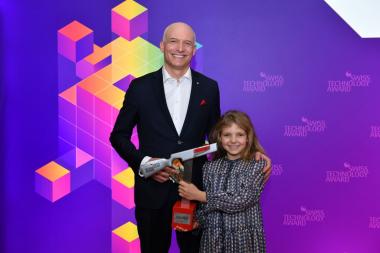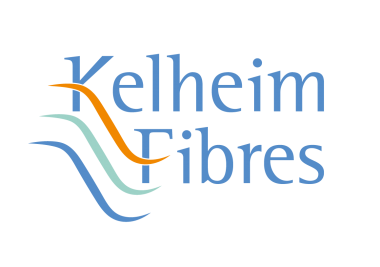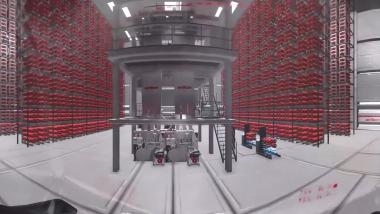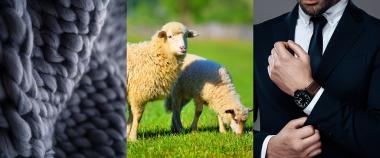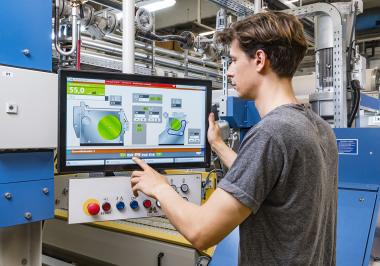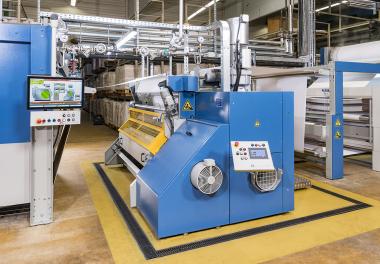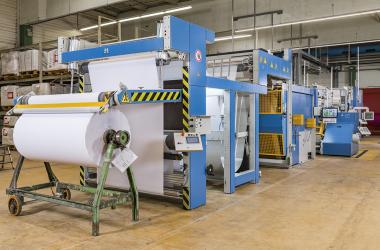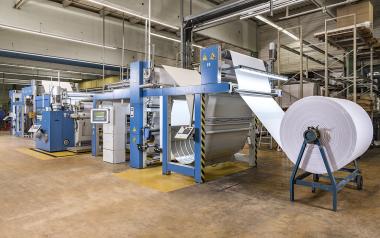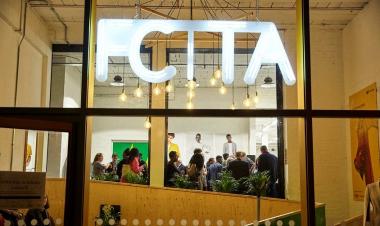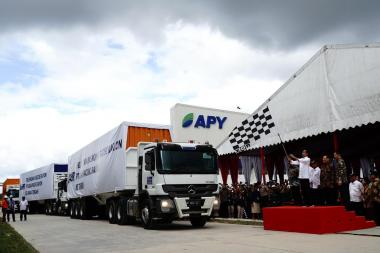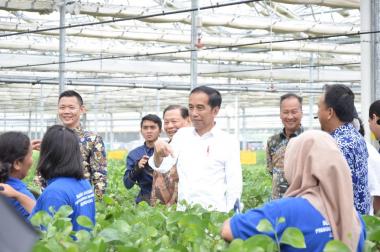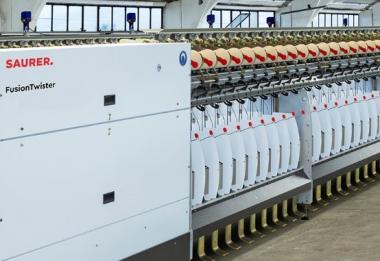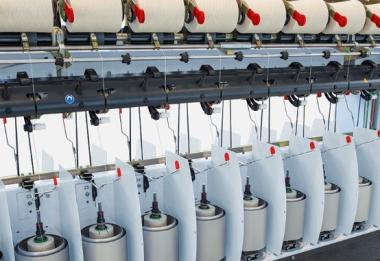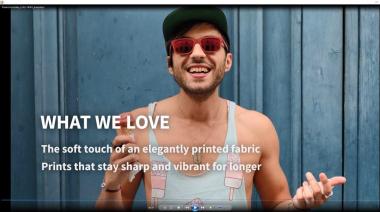HeiQ Viroblock wins Swiss Technology Award 2020
The Swiss Technology Award announced the 2020 prizes, and among all the notable finalist innovations of the year, HeiQ was bestowed the highest honor as First Prize Winner for its breakthrough antiviral textile technology HeiQ Viroblock.
Developed in record time and launched after the Swiss authorities announced the lockdown in March 2020, HeiQ Viroblock has had a major impact on the global textile industry and is being unprecedently adopted by mills around the world.
The technology that makes HeiQ Viroblock a unique innovation
What exemplifies HeiQ Viroblock is its ability to turn any fabric antiviral. It’s among the first textile technologies in the world to be proven effective against SARS-CoV-2 (COVID-19). HeiQ Viroblock consists of a combination of HeiQ’s patent-pending vesicle and silver technologies. The two mechanisms of attack result in an over 99.9% destruction of viruses in 5 minutes that is unrivaled in the industry. HeiQ Viroblock is a unique patent-pending formulation of 72% bio-based ingredients, made with 100% cosmetic-grade materials from the International Nomenclature of Cosmetic Ingredients list. HeiQ Viroblock is also a shining example of Swiss cooperation between academics and the industry. The silver technology was developed at ETHZ (Eidgenössische Technische Hochschule Zürich), the vesicle technology at EPFL (École polytechnique fédérale de Lausanne), and the production was scaled up at FHNW (Fachhochschule Nordwestschweiz).
HeiQ Viroblock has demonstrated unparalleled speed from laboratory to consumer
HeiQ launched the new antiviral textile technology HeiQ Viroblock on March 16, 2020 – two hours after Switzerland declared a state of emergency. This was made possible with the indispensable support of Swiss research Partner FHNW and the EPFL which helped accelerate product validation. The fast scale-up of production was enabled by the FHNW School of Life Sciences with their new Process Technology Center (PTC) by special permit. With its agile operations and global footprint, HeiQ also brought HeiQ Viroblock face masks and other PPE (personal protection equipment) to different corners of the world where are needed. Now, Swiss consumers can also acquire HeiQ Viroblock enhanced face masks online.
Reacting to the news of HeiQ Viroblock winning this year’s Swiss Tech Award, Co-founder and CEO Carlo Centonze says: “I am both amazed and honored that HeiQ has won this award a second time in just ten years, and from among some incredible tech innovation finalists. It confirms our resolve to push the boundaries and push innovations to help the world with its most pressing and imminent problems. This award is recognition for our company and team that have spared no efforts to develop and launch HeiQ Viroblock at such speed and make a valuable contribution to the global pandemic efforts. We remain true to our mission: enhancing the everyday lives of people with smart and efficient textile effects.”
HeiQ


